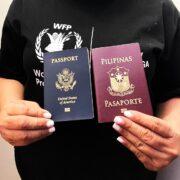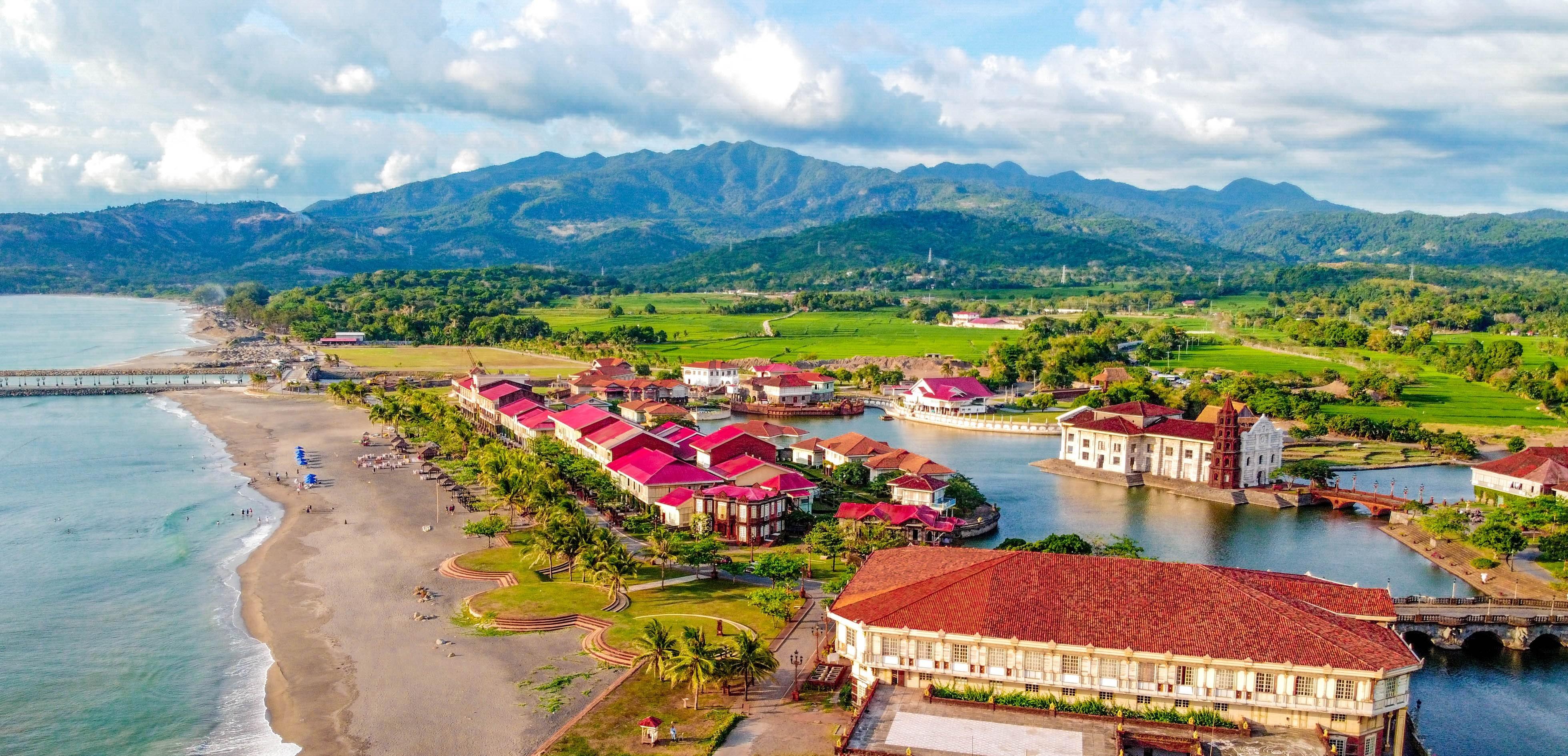
The Philippines has made remarkable strides in strengthening its connections with the Filipino diaspora through various policies, programs, and services. In 1973, the Balikbayan program was launched by the government to recognize Filipinos returning to their home country. This was followed by progressive measures to restore and promote the rights of former Filipino citizens and Filipinos residing or working abroad.
Three decades after the initiation of the Balikbayan program, Republic Act 9225, also known as the “Citizenship Retention and Re-acquisition Act of 2003,” was enacted, paving the way for restoring the rights of many overseas Filipinos. RA 9225, commonly called the Dual Citizenship Act, came into effect on September 17, 2003.
Under this law, natural-born Filipinos who have been naturalized in other countries can either retain or reacquire their Philippine citizenship by following the prescribed procedure. Reacquiring Philippine citizenship involves taking the oath of allegiance before an authorized Philippine official without the need to renounce allegiance to any other country.
Many individuals who were previously Philippine nationals and are now pursuing dual citizenship can enjoy the many benefits accompanying it. Opting to retain or reacquire your Philippine citizenship grants you numerous advantages, including the opportunity to live, work, and conduct business, as well as unrestricted access to all the resources available to natural-born citizens of the country.
Among these rights are the right to travel with a Philippine passport, the right to own real property in the Philippines, the right to engage in business and commerce as a Filipino, and The right to practice one’s profession, provided that a license or permit to engage in such practice is obtained from the Professional Regulation Commission (PRC), or the Supreme Court in the case of lawyers. Let’s look at them closely.
Worthwhile Investment
Securing a second passport in another country can be challenging, yet the potential benefits make it highly desirable. Through dual citizenship, applicants can effortlessly unlock a plethora of advantages. Although these programs may have a hefty price tag, they offer substantial value. The pursuit of ensuring their families’ happiness and wellness is a recurring theme among investors seeking dual citizenship.
Social Benefits
Avail privileges such as exceptional healthcare, educational opportunities, and various social benefits.
Tax Perks
Owning dual citizenship in a country with more advantageous tax laws can substantially benefit numerous families in safeguarding their wealth, even if they do not receive any tax breaks from a specific program.
Travel Advantages
Many overlook the privilege of traveling the world without restrictions, while others view it as a significant incentive to obtain a second passport. Acquiring a second passport can also simplify obtaining more specialized travel visas, such as those required for work or business purposes in foreign nations.
Professional Opportunities
The convenience of traveling to different countries is truly unique. Still, the unmatched opportunity lies in being able to settle down, establish a successful career or business, and ultimately call it home. Dual citizenship is crucial for navigating the complexities of legal work or entrepreneurship in foreign lands.
Safe Haven
Dual citizenship provides a safety net for families amidst escalating geopolitical tensions, worsening climate conditions, and other challenges. While the decision may not be enjoyable, finding refuge, establishing a home, and seamlessly assimilating into a new nation becomes significantly easier with pre-existing dual citizenship.
Unmarried children (legitimate, illegitimate, or adopted) below 18 years old of those who apply to retain or reacquire dual citizenship shall automatically be considered citizens of the Philippines upon completing the applicant’s re-acquisition process. They will no longer need to apply for Philippine Citizenship independently, provided they are included in the parent’s application as they fall under the principles of derivative citizenship.
Additionally, the foreign spouse of a Philippine citizen can become a Philippine citizen through naturalization and per the Commonwealth Act. No 473, but not through R.A. 9225.
Having reacquired Philippine citizenship, the stay in the Philippines can be for as long as an individual wants without paying any immigration fees. Choosing to retire or permanently settle back in the Philippines is also possible. As a Filipino citizen, one is subject to duties and other obligations imposed on other ordinary Filipinos, such as paying the necessary community tax residence and additional tax liabilities under the tax laws of the Philippines.
Consult an immigration lawyer or your Philippine consulate or embassy for further details on whether you are eligible for dual citizenship in your current country.






